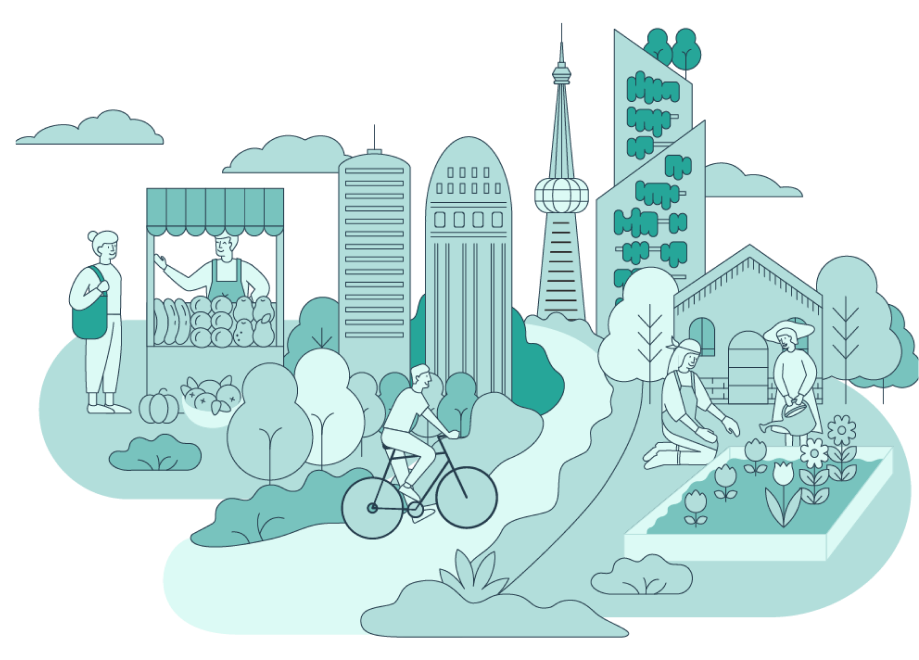
Societal developments
Like all other businesses we are impacted by global developments that influence market demands, government regulations and stakeholder actions. For us the key societal developments are urbanisation, climate destabilisation, ecosystem decline, food crisis, inequality and resource scarcity. These developments create both challenges and opportunities for our company.
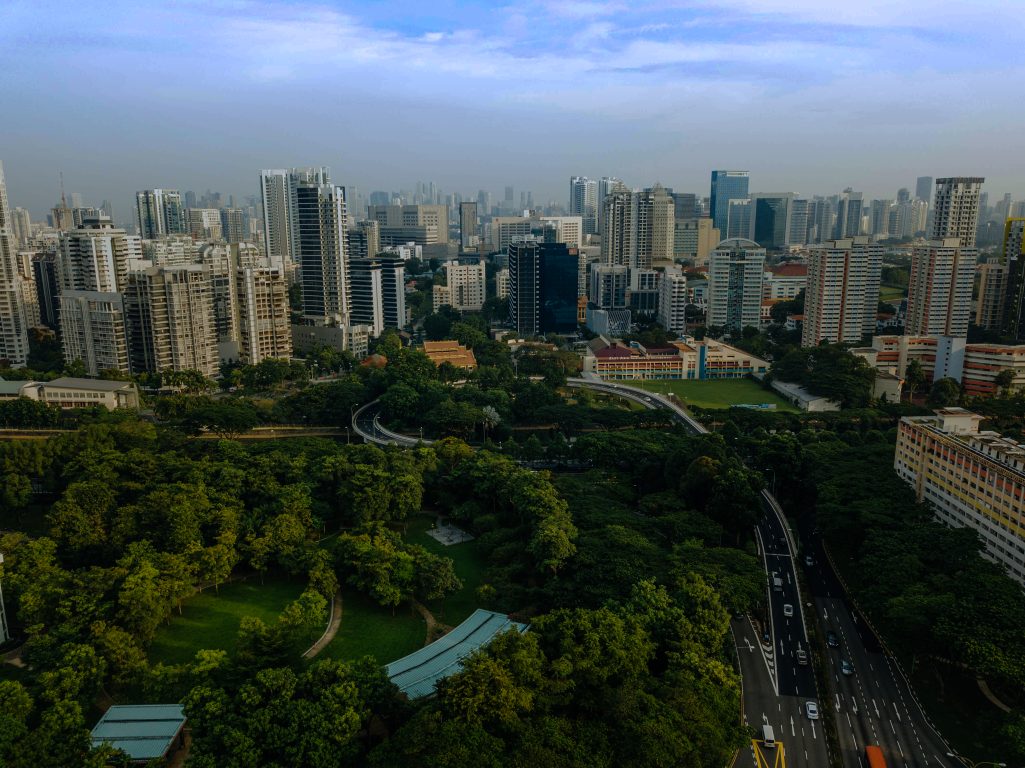
Urbanisation
By 2050, two thirds of the planet’s population is expected to be living in urban areas.
Key challenges and opportunities
- Reduced availability of nearby land for growing food increases need for flexible and efficient growing, like in greenhouse or vertical (urban) farms.
- Green urban environments are needed to improve quality of life and city attractiveness, like parks, green walls and green roofs.

Climate destabilization
Accumulation of greenhouse gases in the atmosphere is causing an increase in extreme weather events.
Key challenges and opportunities
- Increasing pressure on our supply chain to reduce (and compensate) carbon emissions, leading to focus on local renewable resources.
- In particular increasing attention to the emissions caused by peat extraction.
- More and more need for greening urban areas and afforestation to create buffers for flooding and cool cities.
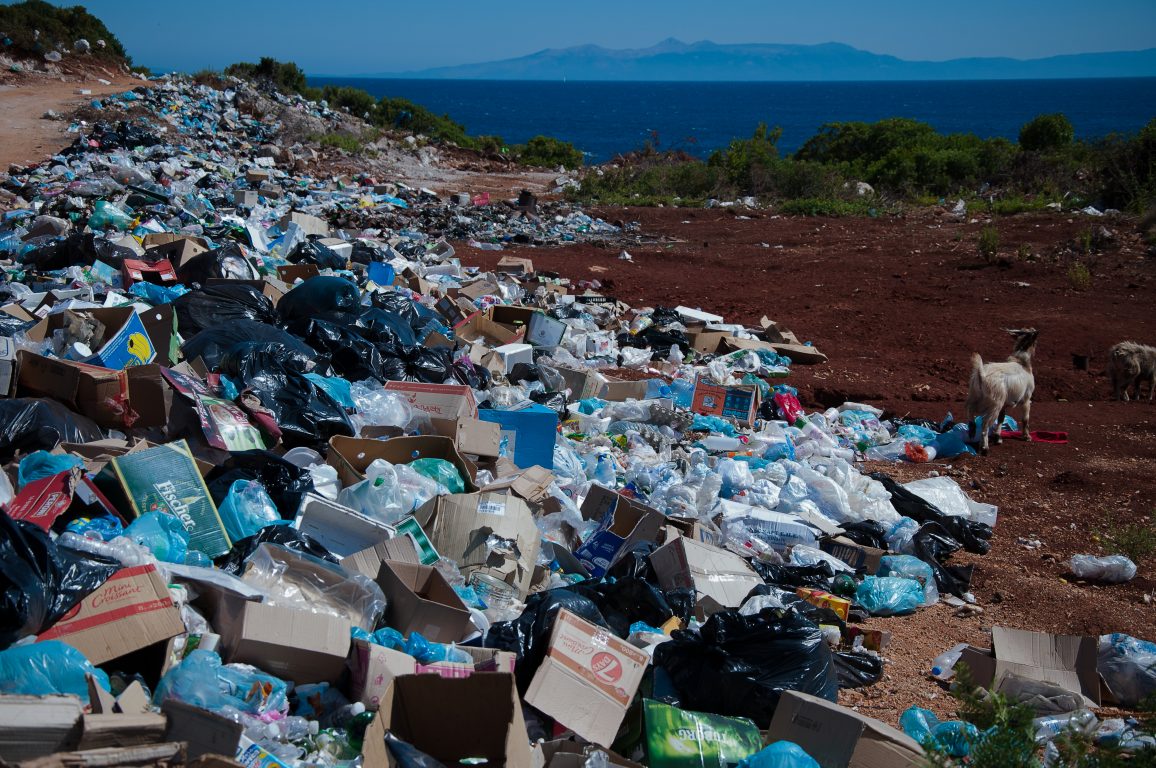
Ecosystem decline
Accumulation of greenhouse gases in the atmosphere is causing an increase in extreme weather events.
Key challenges and opportunities
- Greater attention to sustainable sourcing and restoration of natural environments during and after sourcing activities.
- Need for cultivation of native flora to restore local ecosystems and enhance biodiversity.
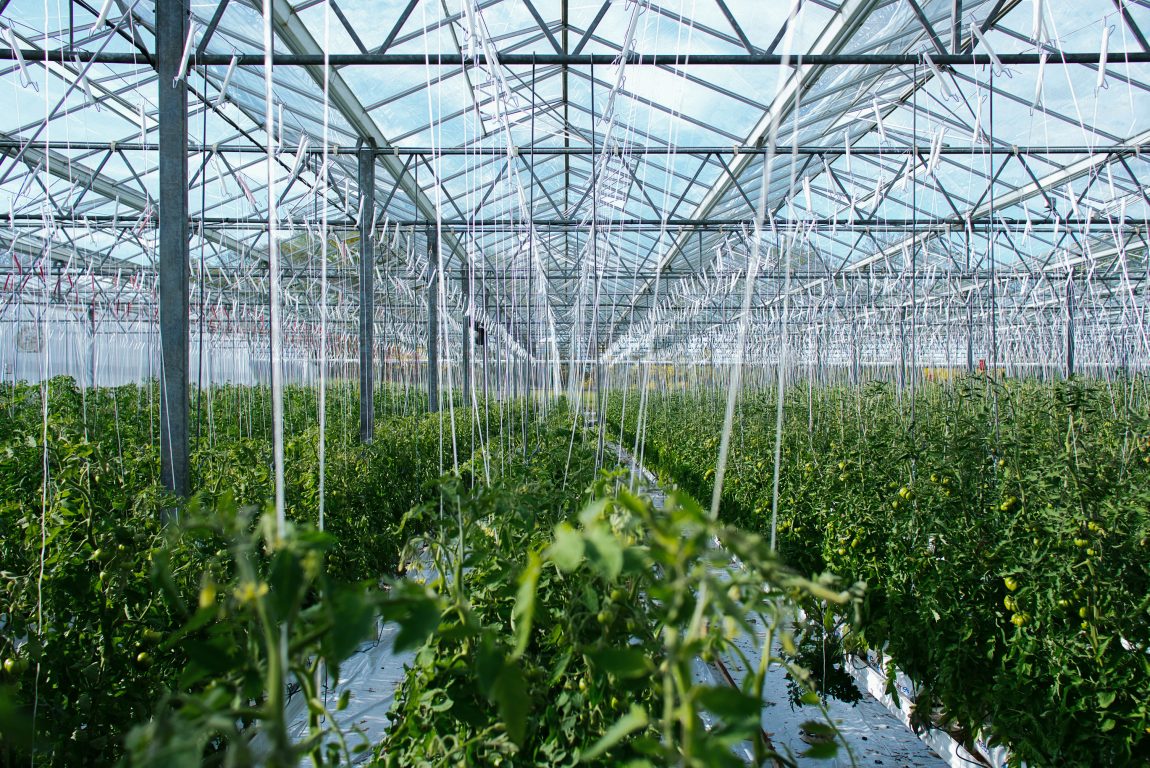
Food crisis
The reliability and affordability of nutritious food is at risk, driven by increasing demand and pressures on agriculture.
Key challenges and opportunities
- Reduced quality of arable land requiress soilless growing solutions as well as more emphasis on regenerative agriculture.
- Food should be produced close to where it is needed most, that requires location independent ways of growing.

Inequality
Inequality due to lack of access to resources, education, healthcare or equal treatment needs to be addressed.
Key challenges and opportunities
- A socially responsible supply chain is our lisence to operate and requires continuous engagement with our partners.
- Cultural awareness in our international company is crucial now more than ever.
- Through knowledge sharing and sponsoring we can improve the lives of people in the communities we are active in.
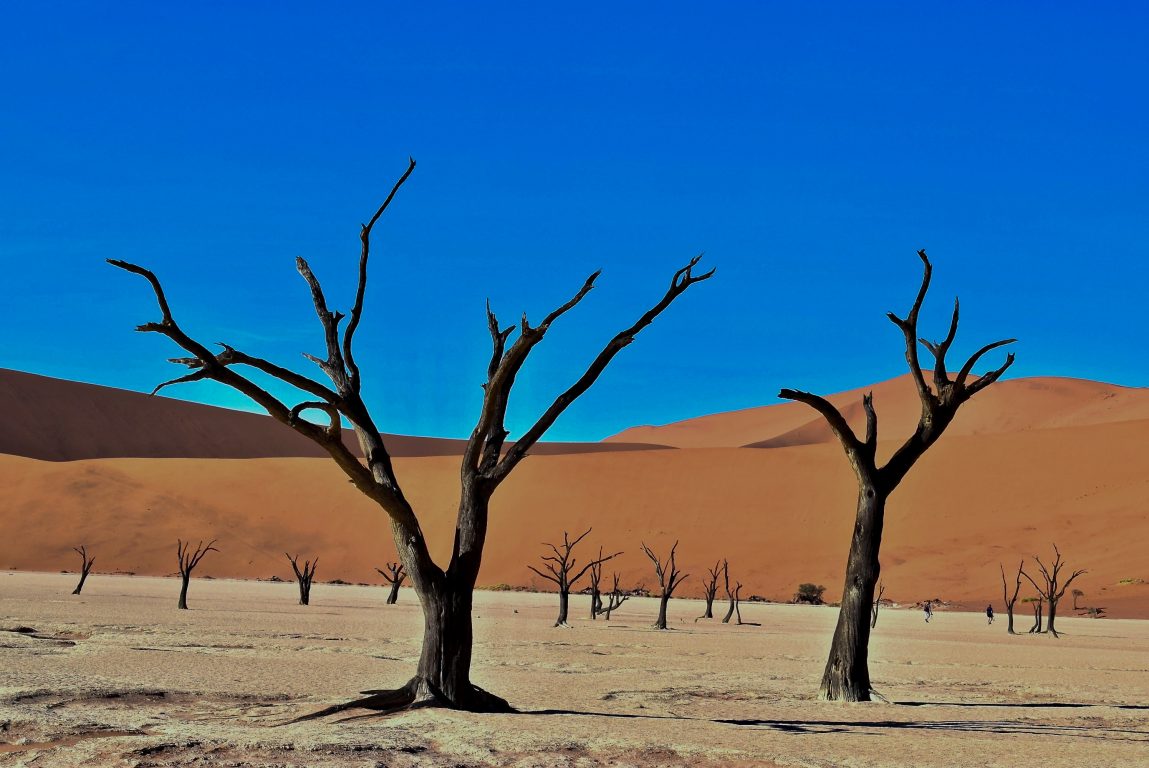
Resource scarcity
Increasing demand for (non-)renewable resources puts pressure on supplies and creates more disruptive extraction.
Key challenges and opportunities
- Increasing compensation for (renewable) resources increases our costs and puts availability of raw materials at risk.
- An urgency to find new raw materials crystallized, accelerating product innovation.
- Reuse and composting of used growing media creates new market opportunities, but potential contamination has to be dealt with.